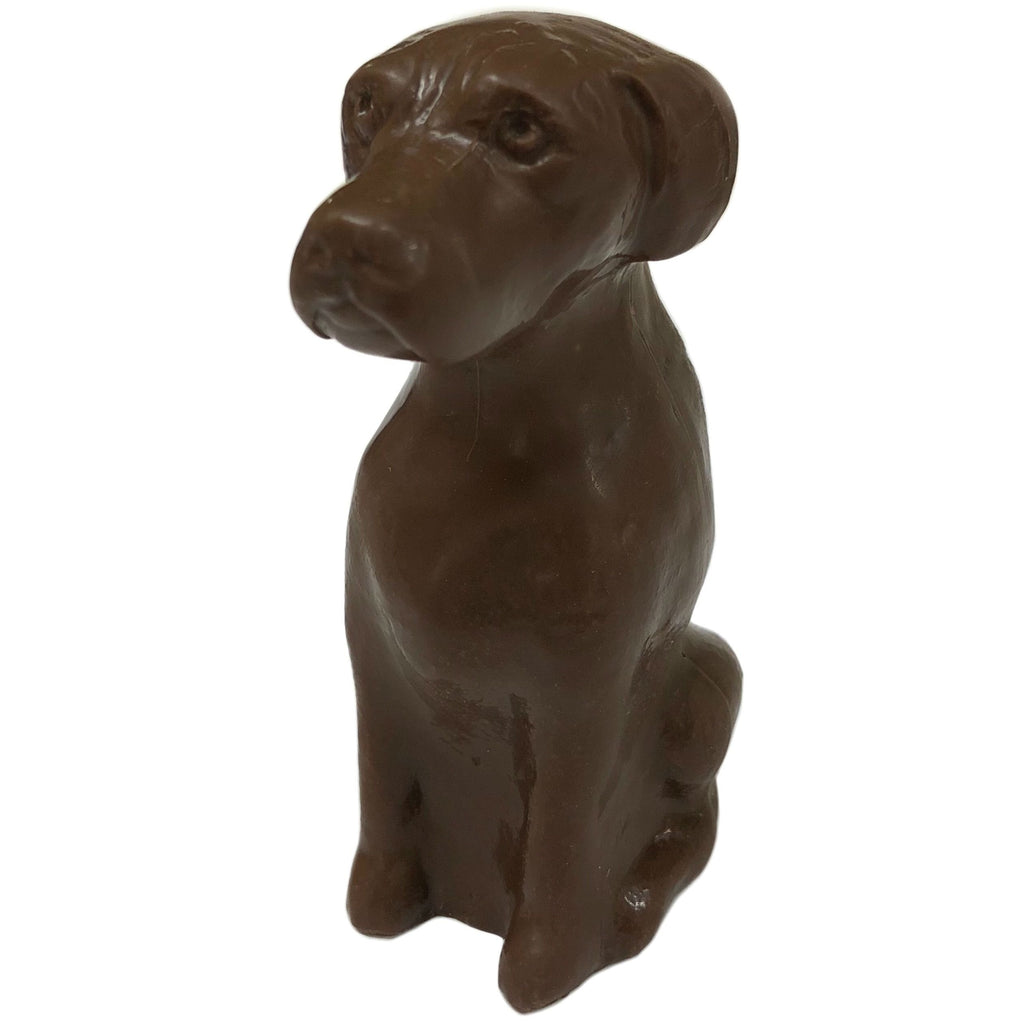Cuba Pitbull: A Comprehensive Guide To Discovering The Pitbull Dog Breed In Cuba
Pitbull dogs have become increasingly popular worldwide, including in Cuba, due to their loyalty, intelligence, and protective nature. While often misunderstood, the Pitbull breed has a unique history and characteristics that make it a beloved companion for many families. In this article, we'll explore the fascinating world of Cuba's Pitbulls, covering everything from their history to their role in modern Cuban society.
Cuba Pitbulls have gained attention in recent years, sparking curiosity among dog enthusiasts and potential pet owners. Despite misconceptions about the breed, Pitbulls are known for their friendly and affectionate nature when properly trained and socialized. This article aims to provide a thorough understanding of the Pitbull breed in Cuba and why they deserve recognition as loyal family pets.
From their origins to their modern-day role in Cuban culture, the Pitbull breed has much to offer. This guide will provide you with valuable insights into their temperament, care, and the importance of responsible ownership. Whether you're a dog lover or simply curious about this breed, this article will give you a comprehensive overview of Cuba's Pitbulls.
Read also:Who Is Joe Keerys Girlfriend A Comprehensive Look Into The Life And Relationship
Table of Contents
- The History of Pitbulls in Cuba
- Cuba Pitbull Breed Standard
- Temperament and Personality
- Caring for Your Cuba Pitbull
- Training Tips for Cuba Pitbulls
- Health Considerations
- Adopting a Cuba Pitbull
- The Cultural Impact of Pitbulls in Cuba
- Legal Issues Surrounding Pitbulls in Cuba
- Conclusion
The History of Pitbulls in Cuba
The Pitbull breed has an intriguing history that dates back to the 19th century. Originating from England, Scotland, and Ireland, these dogs were originally bred for bull-baiting and other blood sports. However, as society evolved, the breed transitioned into a companion animal, valued for its loyalty and protective instincts.
In Cuba, the Pitbull's history is closely tied to the island's cultural evolution. During the early 20th century, Pitbulls were introduced to Cuba by immigrants and travelers, where they quickly became popular as guard dogs and family pets. Over time, the breed adapted to the tropical climate and became an integral part of Cuban households.
Key Historical Events
- Pitbulls were first recognized as a distinct breed in the early 1900s.
- By the mid-20th century, Pitbulls had become a symbol of strength and loyalty in Cuban culture.
- Today, Pitbulls in Cuba are celebrated for their role in families and communities.
Cuba Pitbull Breed Standard
Understanding the breed standard is essential for anyone interested in adopting or learning about Cuba Pitbulls. The American Pit Bull Terrier (APBT) is the most common type of Pitbull found in Cuba, characterized by its muscular build, short coat, and athletic physique.
Physical Characteristics
- Height: Males typically stand 18-21 inches tall, while females are slightly smaller at 17-20 inches.
- Weight: Males weigh between 35-60 pounds, while females range from 30-50 pounds.
- Coat: Short, glossy, and comes in various colors, including brindle, black, white, and brown.
Temperament and Personality
Pitbulls in Cuba are known for their friendly and affectionate nature, making them ideal family pets. Contrary to popular misconceptions, these dogs are not inherently aggressive but require proper training and socialization to thrive.
Key traits of the Cuba Pitbull include:
- Intelligent and eager to please
- Loyal and protective of their families
- Playful and energetic, especially with children
Common Misconceptions
Despite their positive attributes, Pitbulls are often misunderstood due to media portrayals and misinformation. It's crucial to approach this breed with an open mind and focus on responsible ownership.
Read also:Kurt Cobain On Courtney Love A Deep Dive Into Their Relationship And Legacy
Caring for Your Cuba Pitbull
Proper care is essential for maintaining the health and happiness of your Cuba Pitbull. This includes a balanced diet, regular exercise, and routine veterinary check-ups.
Nutritional Needs
Feeding your Pitbull a high-quality diet is vital for their overall health. Look for dog food that contains:
- High-quality protein sources
- Healthy fats for energy
- Essential vitamins and minerals
Exercise and Activity
Pitbulls are an active breed that requires daily exercise to stay healthy and happy. Activities such as walks, playtime, and interactive games are great ways to keep your dog engaged and fit.
Training Tips for Cuba Pitbulls
Training is a critical component of responsible Pitbull ownership. Early socialization and consistent training can help your dog develop into a well-behaved and obedient companion.
Positive Reinforcement Techniques
- Use treats and praise to reward desired behaviors.
- Be patient and consistent during training sessions.
- Focus on building a strong bond with your dog through trust and respect.
Health Considerations
Like all breeds, Cuba Pitbulls are prone to certain health issues that require attention. Regular veterinary care and preventive measures can help ensure your dog lives a long and healthy life.
Common Health Issues
- Hip dysplasia
- Heart disease
- Skin allergies
Consulting with a veterinarian about breed-specific health concerns is essential for maintaining your Pitbull's well-being.
Adopting a Cuba Pitbull
If you're considering adopting a Cuba Pitbull, it's important to research reputable breeders and rescue organizations. Adopting from a shelter or rescue can provide a second chance for dogs in need while ensuring you receive a healthy and well-socialized companion.
What to Look for in a Reputable Breeder
- Proper health screenings for parent dogs
- Positive socialization and early training
- Transparent communication about the dog's history and health
The Cultural Impact of Pitbulls in Cuba
Pitbulls have become an integral part of Cuban culture, symbolizing strength, loyalty, and resilience. In many communities, these dogs are celebrated for their role in protecting families and providing companionship.
Annual events and dog shows in Cuba showcase the best of the Pitbull breed, highlighting their versatility and charm. These events promote responsible ownership and education about the breed's positive attributes.
Legal Issues Surrounding Pitbulls in Cuba
While Pitbulls are widely accepted in Cuba, some countries have implemented breed-specific legislation (BSL) that restricts or bans the breed. It's important to stay informed about local laws and advocate for fair treatment of all dog breeds.
In Cuba, responsible ownership and education are key to combating negative stereotypes and ensuring Pitbulls are treated fairly.
Conclusion
Cuba Pitbulls are remarkable dogs that deserve recognition for their loyalty, intelligence, and loving nature. By understanding their history, breed standard, and care requirements, you can provide a happy and healthy life for your Pitbull companion.
We encourage readers to share this article with fellow dog lovers and consider adopting a Pitbull in need. Together, we can promote responsible ownership and break down misconceptions about this incredible breed. For more information on dog care and training, explore our other articles and resources.
Sources:


